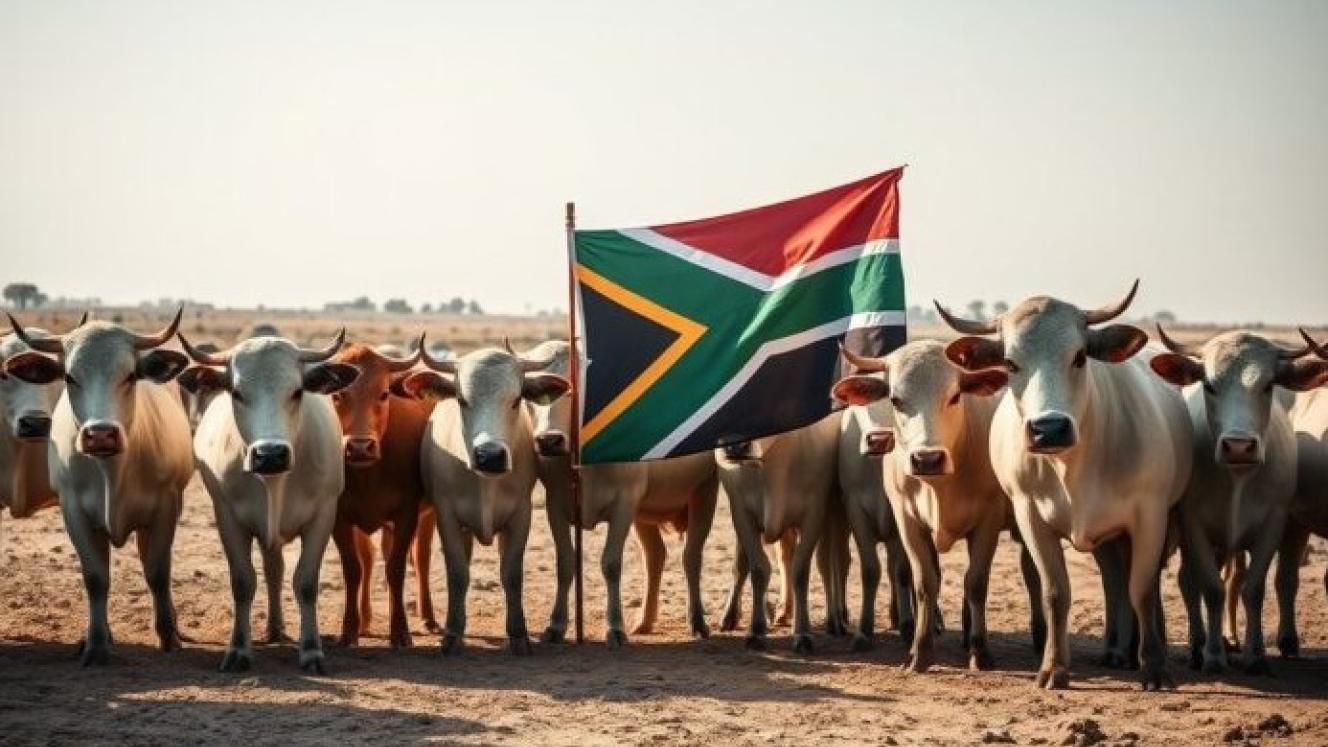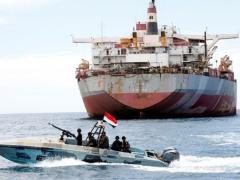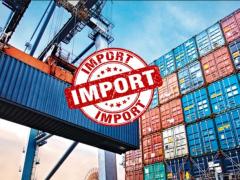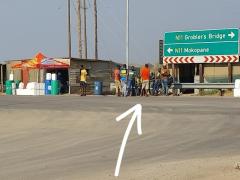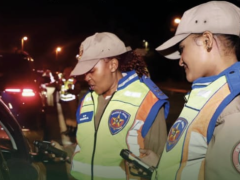As high tonnages of commodities, heavy infrastructure machinery and manufactured goods criss-cross sub-Saharan Africa’s roads to access South Africa, little is known about the many horses that move on those roads. There are only a few local companies that specialise in transport for many equine disciplines, from horseracing to polo, and they clock up hundreds of thousands of kilometres each year in a very challenging environment. “Already this year we have undertaken many cross-border trips – apart from our heavy commitment within South Africa where equestrian road transport is in high demand – particularly for the horseracing industry,” says Dawn Khaled, co-owner with her husband Mark of Muldersdrift-based Mark’s Horse Transport. Their Muldersdrift smallholding is the staging post for horses to undertake up to 14-day return trips into neighbouring countries such as Zambia, Mozambique, Namibia, Botswana and even Tanzania. They have gone as far as Kenya as well on request. Despite having a live and potentially skittish cargo, they are given no preferential treatment at border posts or at difficult crossings such as the Kazangula Ferry bridging Botswana and Zambia. “It can get pretty scary and we have had to endure long blockages at border posts under the sun or in adverse weather conditions anywhere on the route. It is no fun with boxed horses in a foreign environment surrounded by the noise and chaos of such a delay. Our more regular routes are Botswana and Zambia which are generally smooth sailing, although we have spent a night in a Zambian border post as paperwork was incorrect once,” said Dawn. They assemble different horses in Mulderdrift for the steeds to socialise and acquaint themselves to minimise any “inter-personal” problems on the road before taking off. The paperwork must be perfect to avoid any delays and this is done by themselves or specialists. A typical trip from Muldersdrift to Zambia means an overnight in Francistown in Botswana, then through to Livingstone in Zambia via the Kazangula Ferry – a bridge is presently being constructed to remove reliance on the single heavy vehicle ferry. Once completed it will enable the company to invest in super-links to carry more horses per run. From there it is onto delivery in Zambia and then for any return collections, which is more the exception than the rule. “If we are going to Tanzania we use the same route and then rest up in Zambia at quarantine stations before proceeding into Tanzania. We have to allow for rest days en route so the horses are comfortable and exercised,” she said.
